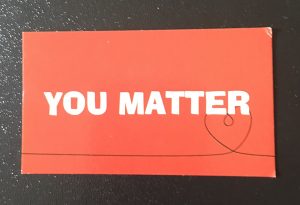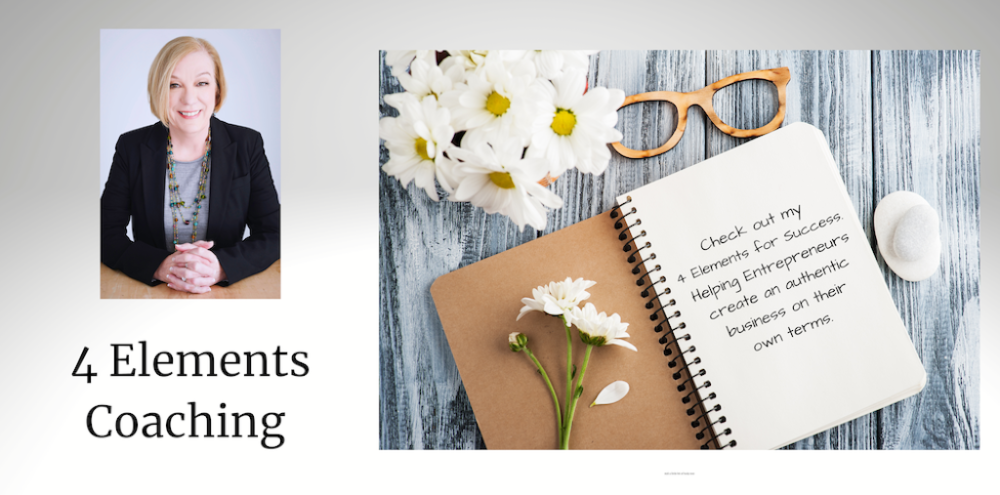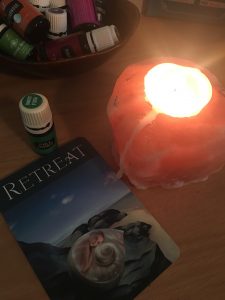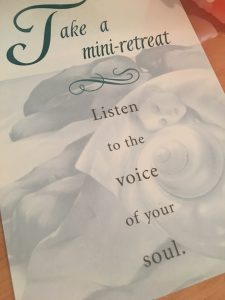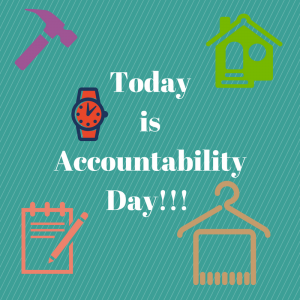You Matter
We’ve been through 31 days of the Summer of Self Care together and covered 30 different topics or ideas for you to add to a regular self care plan. Of course, your self care plan will ebb and flow with the seasons, with the changes that show up in your life or with your health.
It is my deepest hope that you have benefitted from this program and will continually look at self care in a different way. Hopefully, practicing self care will become a daily habit for you. Maybe you have learned a lot about yourself and will continue to learn more as you engage in journaling and reflecting. Undoubtedly, you may have had difficulty practicing each prompt and that’s perfectly okay. One of the purposes of this month-long exercise was to create some regular self care time, but also some ideas for when you only have a moment to pop on a playlist or when you have an entire weekend that can be dedicated to a retreat.
The feedback I got from some of you affirms that self care is something that resonates with most of us. We all seem to be bouncing from one stressful thing to another busy thing and have difficulty focusing on what we really need to be centered and grounded.
Several posts stood out as most popular in our series – The art of saying no, dancing whenever you feel like it, creating Tech Free days, a day of play and the Comfort Bag were the favorites.
A couple of you emailed that you were sharing these ideas with your friends and found a Self Care Accountability Buddy, which will definitely help you as you continue to make self care a big part of your routine.
Caregivers, I hear you! I see you! I honor the work that you are doing for others and hope you will carve out a little space for yourself every single day. I encourage you to put yourself on the list – yes, there’s a lot going on and much of it is critical, unexpected and ever-changing. But if you don’t take care of yourself, you absolutely can’t take care of others.
For me personally, it was ironic and comforting that I started this Summer of Self Care at the same time we began a summer DIY flooring project. I needed to practice extreme self care often during this month as we learned how to install drop/lock flooring, learned how to respond to the discovery of an old water leak and some resulting mold in a half bath. I also got to spend lots of time with my granddaughter for her annual BacktoSchoolPalooza and realized that, for me, spending time with her is an act of self care. She reminds me to laugh and play and make time for the things that are important.
If you google self care or put self care in the search box on amazon.com, you will find a ton of resources, books and other items that will expand your knowledge on this topic. But I encourage you to listen to your intuition, your heart, your inner voice that carries all the wisdom you need to know what to do in each moment that you need care.
Every moment can be a moment of self care – that just takes awareness. Awareness of our thoughts, our words and the way we respond.
It was an honor to spend each day with you in self care practice. I wish you all the best as you continue on this journey of kindness, love and support for You. Not always Just for You, but always Including You. Because, as my sweet neighbor Barbara reminds all of us:
